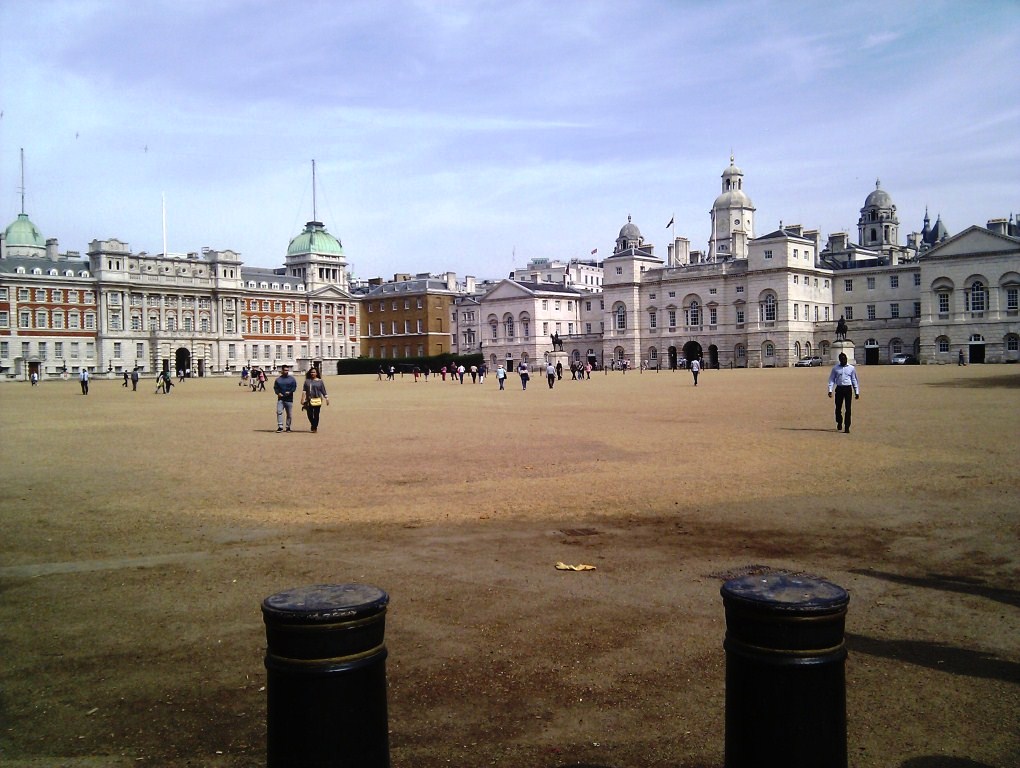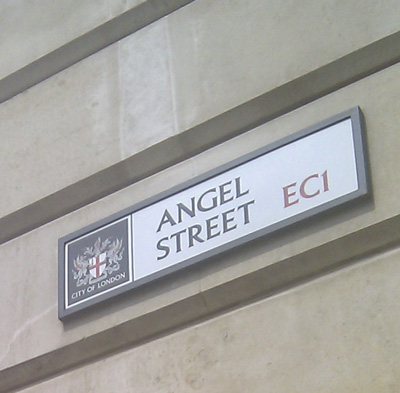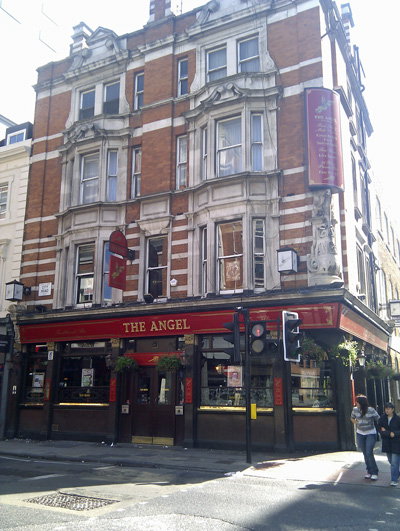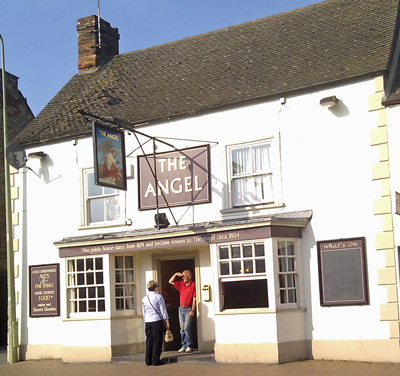In the last post I mentioned the ‘Transmission Project’, which according to the Manchester Metropolitan University student handbook is ‘an independent research unit, undertaken at the end of the taught element…to explore a specific area of the transmission of text.’ This basically means students have to submit work in a form that’s not the chosen ‘route’ of their MA (be it novel, poetry or children’s writing).
Some of my course mates have devised original and innovative ideas for their own Transmission Projects. Anne devised an experimental website to examine readers’ reactions to discontinuous, interrupted narrative styles (using embedded hyperlinks, for example) that modern technology can enable. Kerry has produced an e-book of 51 pieces of fiction (Fifty One Ways to Leave Your Lover — click here for Amazon link) comprising ‘short stories, flash and micro fiction pieces which reflect and explore some of the problems, issues and triumphs faced by women and girls’. Sales of the ebook raise funds for the charity, Platform 51, which assists women in disadvantaged areas. It’s not only an original project but helps a very worthy cause — and a bargain at only £1.02.)
Originally I had a plan to develop my project in an unorthodox literary form but I was deterred from that particular idea by the course director on the basis that it was content that might eventually form part of the finished novel. My next idea, a screenplay adaptation was thought a better alternative. While it is based on the same characters and roughly the same scenario (I hesitate to say plot), the ‘transmission’ of the text is very different. (I wonder if I should have done a screenplay for TV as that would be ultimately the best match for MMU’s curious transmission terminology.)
As I’ve only just submitted the project for marking, I’ll deliberately make no further comment on the specifics of my screenplay or explanatory essay. (But should any of the English faculty at MMU be reading this, I must stress my summer of dedicated research into the form and months of locking myself away in a darkened room to draft and redraft the project.)
One very obvious general point that I made in the accompanying essay is that a screenplay is a working document, which others in the creative process use to make the final artefact. It’s not intended to be a work to be enjoyed directly by the viewer, as would a novel by a reader. This difference in approach proved surprisingly useful to me with the novel at its current point of development.
A screenplay passes responsibility to intermediaries for execution of the pleasurable details — actors nuancing their lines with gestures, expressions and inflections; a director and cinematographer developing its visual styling; designers creating costumes, sets, make up and so on. The writer provides the framework for others to use their talents.Virtually all exposition must be external: with rare access to the characters’ inner thoughts; description of character and setting is minimal.
Components of a film that chiefly within the control of the writer are character, plot, setting, scene selection and dialogue. With the possible exception of dialogue, these elements also provide the structural ‘scaffolding’ which holds a novel together. The difference is that it’s also the novelist’s job to evoke all the other elements too: the imagery, detail, sensory appeal and inner character exposition are hung with evocative prose on the structural framework that the reader should never obviously notice.
Another factor that belongs in the specialist subject of the bleedin’ obvious is that a film (or even TV serial) takes less time to ‘consume’ (is there a better word for this?) than a novel. Although the standard feature length screenplay is 120 pages, this equates to around 100 minutes of screen time. I doubt even the fastest readers can get through an average 80-100,000 word novel that quickly (although I’m often dumbfounded at the number of books some people claim to get through — maybe I’m a slow reader).
So, depending somewhat on the source material and the approach of the adaptation, it’s inevitable that a fair amount of the novel’s content is omitted. Anyone who’s ever watched a screen adaptation of a novel they know well has the experience of noting changed or absent characters, plot twists or settings.
Books on screenplay technique encourage the writer to work within what, compared to prose fiction, appear to be limiting constraints: to produce work that emphasises the visual and fast-moving and to use short, snappy dialogue. (When dialogue is written in a thin column down the centre of the script, it’s easy to spot verbosity and talking head scenes stand out immediately.)
Advice is also concentrated around the structural aspects of plot. A separation of a script into three acts, divided by plot points, is given as practically a natural law of the genre.
The project meant I finally read Robert McKee’s Story, a screenwriting guide recommended by many as the best work on plotting for almost any dramatic or fictional form. It takes a scientific approach and, in places, it’s more like physics textbook — with lots of diagrams with arrows about how different levels of conflict within characters intersect with the structure of the plot and many other factors.
It’s drawn from fundamentals of storytelling that have endured from time immemorial. These follow, roughly, a pattern that goes: introduction to a character and setting; then a source of conflict that the protagonist(s) need to overcome; finally an event which triggers a resolution (which can either be complete or not).
It’s argued that this basic narrative pattern is something humans are either born to respond to or that it becomes ingrained in us from an early age. Whilst most people aren’t explicitly aware of the fundamentals of story structure, it’s said that most readers (or viewers) will feel react with innate dissatisfaction when a story lacks this shape.
The Transmission project, while delaying the revision needed on my novel, may have been opportunely timed. The research I’d carried out into the screenplay form focused on the mechanics of plot, making the story work, ensuring pace and rhythm, distilling the essence of a scene and so on.
Applied to novel writing, these are all very useful aspects to consider after completing a full draft, compared to the original plan (however sketchy and flexible); has the novel lost its balance, become bloated in some sections, under-developed in others and the task of revision is to sharpen the novel, omit extraneous material and add in any necessary additional material required to make the novel work as a whole.
Assembling the screenplay from the manuscript has been fascinating. I’ve pulled scenes pulled from chapters in very different parts of the novel, often brutally extracting small portions of the action or dialogue and redeploying it in a quite different context — and it’s surprising and pleasing to see how often these small sections then work on their own terms.
(For this type of task I may, unusually, be able to call on skills I use in the day job — which requires me to often deconstruct complexity and draw out underlying themes and causes. I’m also experienced in constructing sophisticated solutions from orchestrating many component parts (if this sounds jargony and baffling you should see my CV — I have an MSc in this). Perhaps this background is one reason why the novel hasn’t been written in sequences but largely slotted together around its most fundamental parts.)
I relocated part of a scene that appears about a third of the way through the novel into part of the opening section of the screenplay. I needed to write a new, short sequence of dialogue to knit the two together but the effect seemed to work so well that I’m considering putting the new dialogue into the novel. Play around with the material and discovering how it works in different configurations gives a refreshing new perspective, but one that’s also scary in opening up many new opportunities to tinker around. This is where deadlines are useful, as I had with the screenplay project itself.
I’m confident that The Angel has a sound structure. It’s not fundamentally changed since I first mapped it out with Post-It notes on a conference room wall — see post here from two and a half years ago. (Two and a half years, blimey, I really do need to get it finished and over with!). However, since then I’ve inevitably ladled in lashings of sub-plot, themes, brought in the odd new character and so on.
While people who’ve read parts of the novel tend to say that it reads easily and quickly, I know that I’m going to get a more favourable response from agents if I send in a manuscript of a length that doesn’t scare them off. I went to the September meeting of the London Writers’ Club in Clerkenwell last week. During a break I had my opportunity to buttonhole the guest agent speaker and asked whether agents made a snap judgement on manuscript length: would a ‘typical’ agent look more kindly on (i.e. read) a file of 90,000 words, say, as opposed to one of 120,000. While she said a lot depended on the quality of content and the genre, she recommended avoiding any extremes and mentioned an old-school agent she used to work with who would refused to read any submission that wasn’t between 70,000 and 100,000 words (although this isn’t common nowadays).
If it’s wise to err on the side of brevity when revising that raises a latent paranoia I have that I may discover, after trimming my work down to a sleek and concise 70,000 word draft, that this might only represent the innards of the novel — a prose version of the skeleton of the story represented in a screenplay. All the distinctive parts that might mark it out as individual might be squeezed out — the humour, observation, reflection, insight into the characters’ internal thoughts and so on. I worry that I may end up with a story that might work very efficiently but wouldn’t the novel that I originally set out to write.
This is a concern I can’t resolve without getting on and doing it — and now the Transmission Project has been safely bound at Rymans and delivered to Manchester I can completely focus on finishing the novel — from both a personal and an MA perspective. The only remaining piece of assessed work is a finished draft of the novel itself. We get another year to complete this — although I may try and submit mine in the spring (surely it will be done by then?) so I can have an earlier graduation date.
With the other coursework over (unless my screenplay is so bad it fails and I have to resubmit) and with the nights rapidly drawing in, I need to settle back into writing mode — or, more precisely, editing mode. And on that valedictory note to the summer of 2012, it might be appropriate to post this rather sad photo of Horse Guards Parade, now restored to its original state. (This photo was taken only about five weeks after those on this post that show a 15,000 seater stadium on the plot.)

By the end of September, virtually all the other temporary infrastructure had been removed from the Mall and St. James’s Park (as I saw when I walked across the park to the Mall Galleries to view the entries for this year’s Threadneedle Prize, one of which was by my artist reader Adeline de Monseignat — see previous post).
Incidentally, I was very pleased to manage to finally visit the Olympic Park itself, during the Paralympics. I’ve posted a few photos of the park on this blog page.



